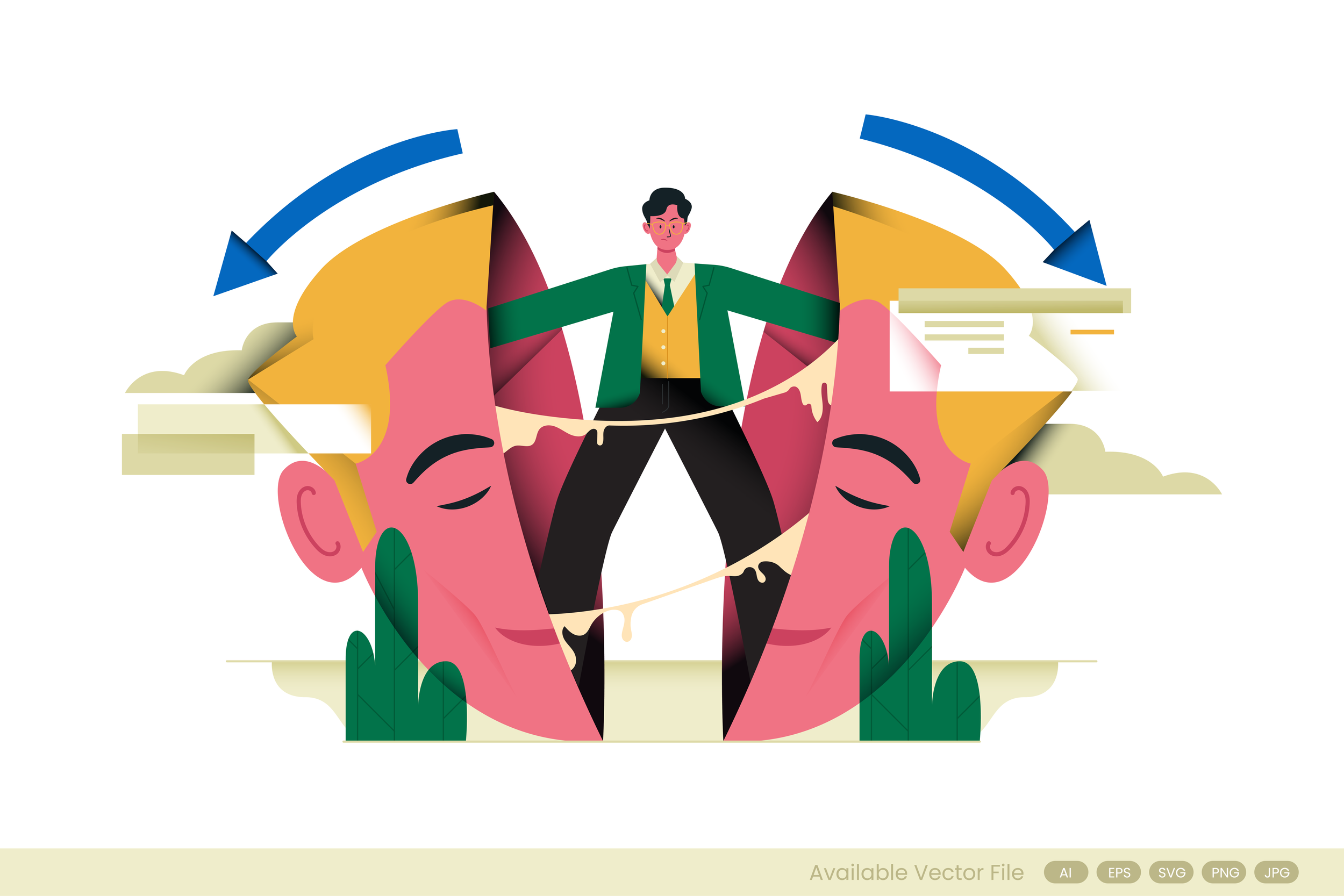Like fish, grasshoppers, marmots, and blue herons, you and I also have a divided brain. Why is this the case? Is one side just a backup, like a spare tire in our vehicle’s trunk to use in case of an emergency?
In fact, this ancient division exists because each side of the brain is actively engaged in processing different types of information in different ways. We need both sides of the brain, and we need both sides to work together to be at our best.
Our right brain is more strongly oriented to what is new, uncertain, and different from experience has taught us. No matter how smart we are or how much life experience we have, there is always more to learn. And that is the point. Our right brain scans the world around us with a broad and sweeping attentional focus. It seeks to capture the big picture and to translate that perception into signals sent to our body so our whole being knows how to act in a new and uncertain environment. The right brain enables new learning. The right hemisphere detects patterns in this experience as to what is novel so that it can pass that information along to the left brain. In effect, the right brain transforms what isn’t known yet into knowledge of “what is now” and adds that to the library of lived experiences. This growing “library” of acquired experience helps us be more prepared for what lies ahead by giving us access to this storehouse of prior knowledge.
The left brain or hemisphere has a different set of skills. It deploys a narrow beam of attention to focus on details. The left hemisphere perceptual systems stand back, observe, and analyze. The left brain is the categorizer or organized compiler of experience. It draws on its vast storehouse of information accumulated through lived experience and maintains that information to stand ready to be accessed when we encounter something similar to but not identical with what we’ve encountered in the past. It compares what we encounter each day with the prior knowledge and experience we’ve stored up so that we can say, “been there; done that.” Otherwise, each day would be a total do-over. The left brain helps us to recognize, reason, plan, and judge what is appropriate in comparison to prior experience. You could say it provides us with a sense of discernment and judgement.
To look at the two sides of our brain in isolation from one another misses a crucial point. The brain’s two sides sit adjacent to three bridges called the corpus callosum, and the anterior and posterior commissures. In plain English, these three bridges transfer massive amounts of experiences back and forth from one side of the brain to the other, constantly updating, modifying, reorganizing, and then refiling what was, what is, and what can be but doesn’t yet exist. This internal communication is what allows us to learn, grow, improve, plan, and act. If we are too “right sided”, we swim in the big picture of life – we see forests but forever miss the trees. We can be filled with good, big picture intentions, but repeatedly fail when it comes to taking action in effective, goal-directed ways. If we are too “left sided” we get bogged down in endless details, compile voluminous lists, but fail to “read the room” and discern what makes sense in THIS context, on THIS day, involving THIS situation or THESE people.
In short, it is only when the strengths of each side of the brain are brought to bear do we achieve the ability to optimize our day-to-day functioning. What strikes me is that just as our brain works best when it is in active communication with its other half, people function best when in active communication with other people who may harbor different views than our own. In short, like our brain, we work best when we are in intimate and diverse relationships.
How, you may ask, is this process of working bilaterally across a wide divide, like a well-functioning brain does billions of times per second, apply in day-to-day life? An essential question I encourage my clients to ask themselves is, “What am I missing?” The more certain a person feels and the more convinced they are that they are right about some issue, the more blind they become to important details (the strength of the left brain) or to the bigger picture at play (the strength of the right brain). As a result, people are more prone to act with righteous indignation. Harsh and judgmental decisions that lead to rash actions are more likely to follow. They fail to notice important details or big picture issues that lead to biased and less functional responses. The ratcheting up of impassioned opposition to someone with an opposing or merely different view intensifies. The strength, vitality, and vibrancy of a healthy and diverse ecosystem of people, views, and collaborative actions fails.
The consequences to marriage partners, friendships, family connections, or workplace collaborative efforts are significant. This oppositional attitude that reinforces increasingly extreme views is pervasive in the world of social media platforms that have become bully pits that spew vile and hateful messages rather than operate as forums for connection, discovery, and growth.
So, learn to check your convictions before they become too hardened. Ask yourself, “What am I missing.” Practice seeking new information from places you are least likely to find an echoing of the views you already hold. Learn to explore the right from the left and the left from the right. In doing so, worry, anxiety, fear, loneliness, disconnection, and despair gradually become replaced by curiosity, discovery, hope, and connection.











